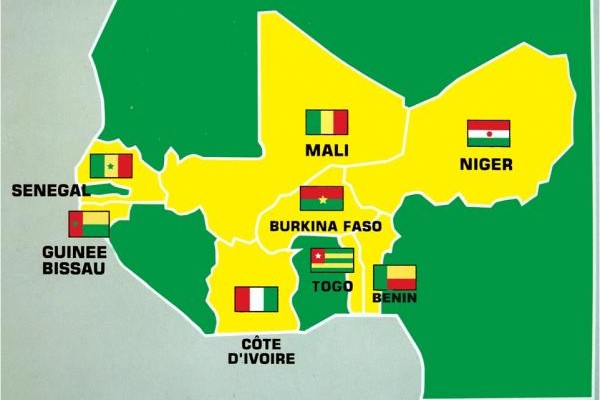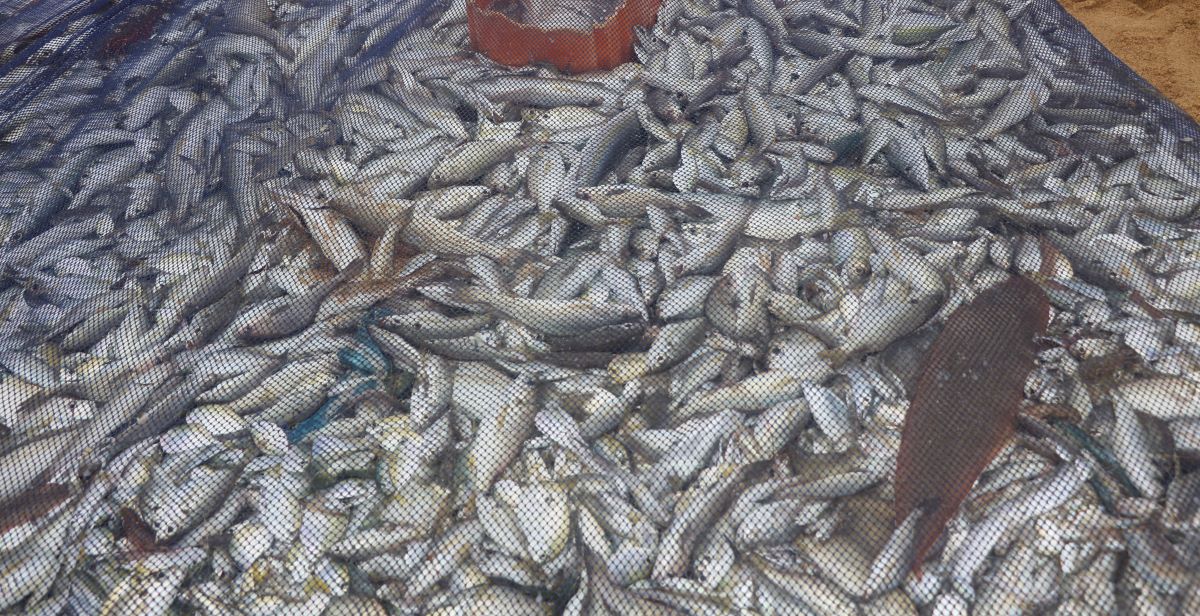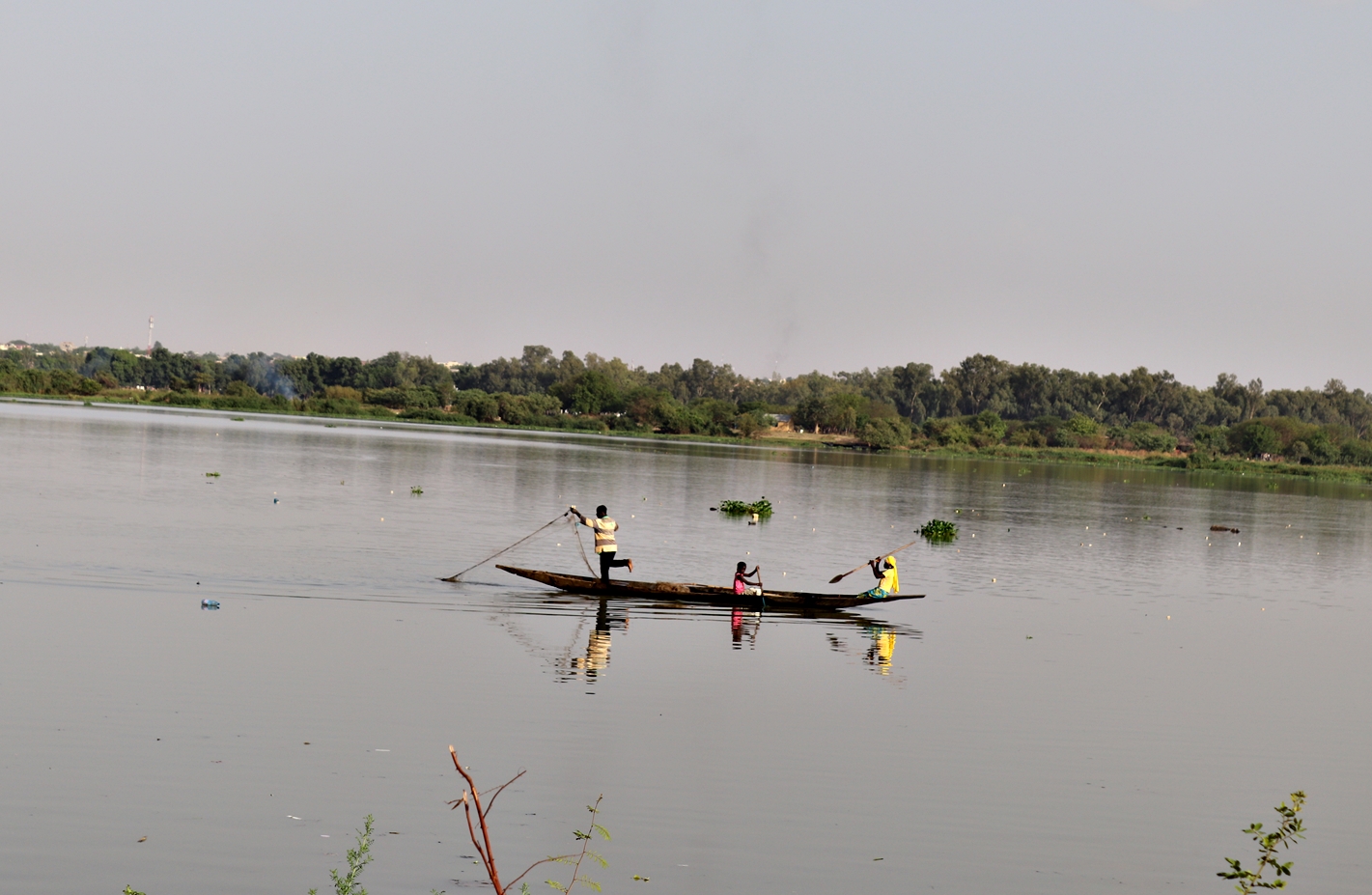On the occasion of World Fisheries Day, held in Benin from 19 to 21 November and organized by the African Confederation of Professional of Artisanal Fisheries (CAOPA), the Commission of the West African Economic and Monetary Union (WAEMU) has put forward a communication highlighting key initiatives to promote inland fisheries in the region.
UEMOA is committed to promoting continental fisheries to boost food security, create jobs and foster sustainable development. This article explores the key initiatives implemented, the challenges encountered and the prospects for the future of fisheries in the West African sub-region.
Strengthening the collection of post-harvest fisheries statistics in the Member States

In a proactive approach, the WAEMU Commission has invested CFAF 1.75 billion to strengthen the technical capacities of Member States in the collection and processing of fisheries statistics. This initiative has enabled detailed surveys to be carried out on inland fisheries, establishing a harmonised system for monitoring statistical data.
Harmonisation of fisheries legislation and prospects for concerted negotiations
WAEMU recognises the crucial importance of harmonising legal frameworks for the sustainable management of fisheries resources. Several texts, such as Regulation No. 04/2007/CM/UEMOA and Directives No. 03/2014/CM/UEMOA and No. 04/2014/CM/UEMOA, have been adopted to create a common fisheries monitoring, control and surveillance regime, as well as a common fisheries resources management regime.
Consultative consultation mechanisms to improve the management of fisheries and aquaculture at regional level
Consultation remains crucial, and WAEMU has set up the Consultative Committee on the Harmonisation of National Fisheries and Aquaculture Policies and Legislation. This committee encourages the active participation of stakeholders in the sector, offering technical advice and proposing decisions to promote the sustainable development of fisheries and aquaculture.
To improve stakeholder participation in decision-making on fisheries, the committee says it is important to put in place mechanisms and practices that encourage the active and meaningful involvement of all stakeholders. “The mechanism used at regional level is the Advisory Committee on the Harmonisation of National Fisheries and Aquaculture Policies and Legislation (a forum for discussing the different positions of the Member States). This Committee represents the consultation body that has been set up and involves professionals from the sector, the Member States and the Commission”, emphasises the WAEMU. It provides technical advice on fisheries and aquaculture within the WAEMU area and proposes decisions in favour of the fisheries and aquaculture sector.
Guinea-Bissau Southern Rias Fisheries Co-Management Project
Encouraging the decentralisation of fisheries management, the UEMOA financed the Co-management Pilot Project for Fisheries in the Southern Rias of Guinea-Bissau. Although the project has been successful, budgetary constraints have hampered its expansion to other member states.
Assessment of fish stocks in the WAEMU zone
Assessment of fish stocks is essential for sustainable management. The WAEMU Commission has funded the Regional Fisheries Stock Assessment Project (PRESH), to the tune of 2.5 billion CFA francs, to improve knowledge of fisheries resources in several countries. “Implementation was carried out during the period 2012 to 2015 in the respective Exclusive Economic Zones (Bathymetric map attached). An atlas (http://www.atlas.statpeche-uemoa.org) has been put online as a dissemination tool”, explained the WAEMU.
However, challenges remain in terms of regularly updating the data since the assessment campaigns were discontinued in 2016.

Promoting local consumption
The UEMOA Commission encourages the consumption of local products, notably through events such as the fish fair in October. This initiative aims to raise awareness among local communities of the importance of consuming fish locally.
WAEMU is resolutely pursuing its quest to develop inland fishing in the region. Despite the successes achieved, challenges remain, including the need to resume the assessment of fish stocks and strengthen consultation mechanisms.
The outlook for the future includes continued support for the structuring of the industry, capacity-building for stakeholders and the search for concerted negotiations for fisheries agreements.
Outlooks:
– Resume regular assessment of fish stocks.
– Continue to support the structuring of the fisheries and aquaculture sectors.
– Continue to build the organizational and managerial capacity of stakeholders.
– Intensify the consultative consultation mechanism to improve regional management of fisheries and aquaculture.
– To continue the process of harmonising fisheries and aquaculture legislation and policies within the WAEMU.
– Support exchanges with a view to the concerted negotiation of fisheries agreements.
CAOPA and WAEMU


